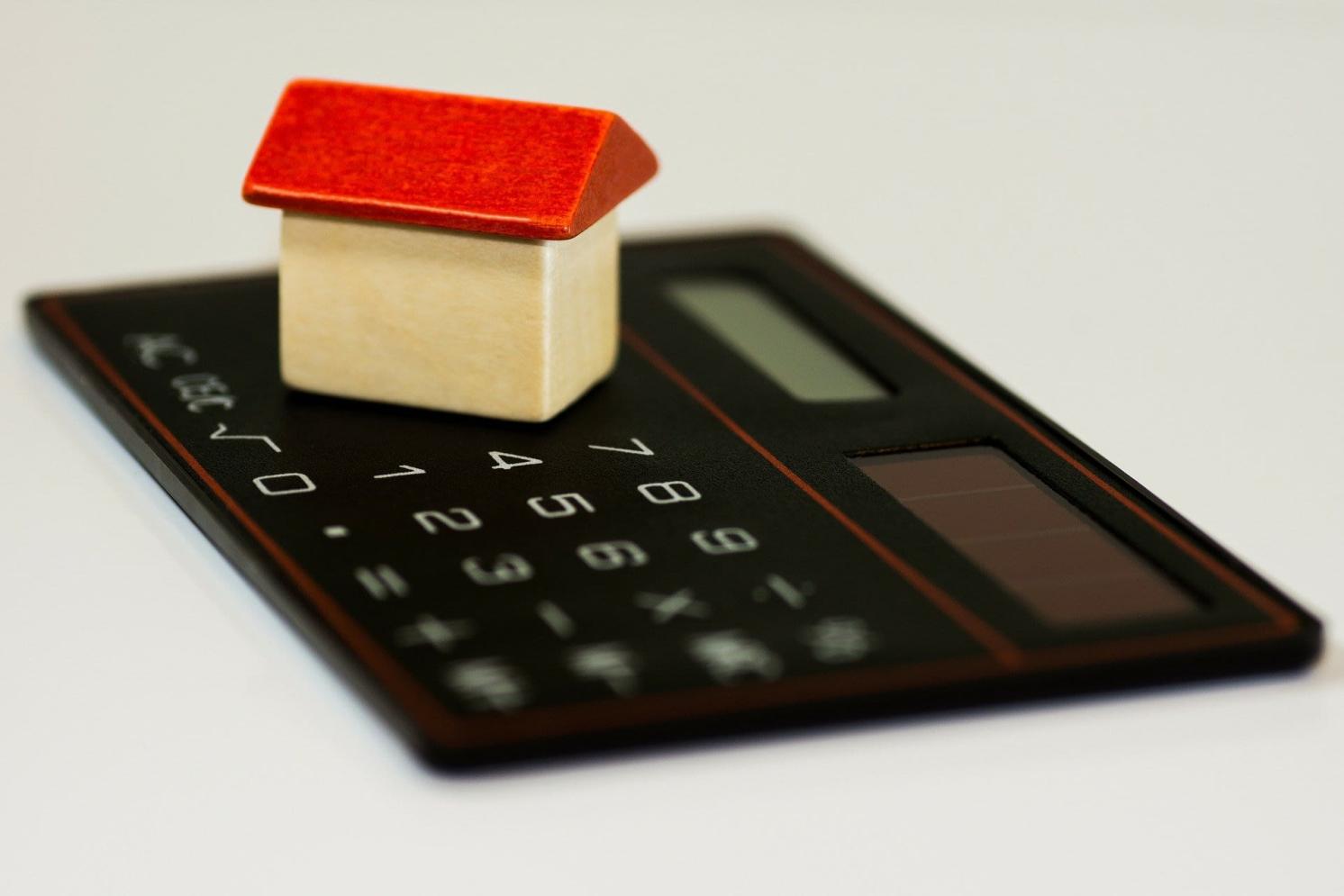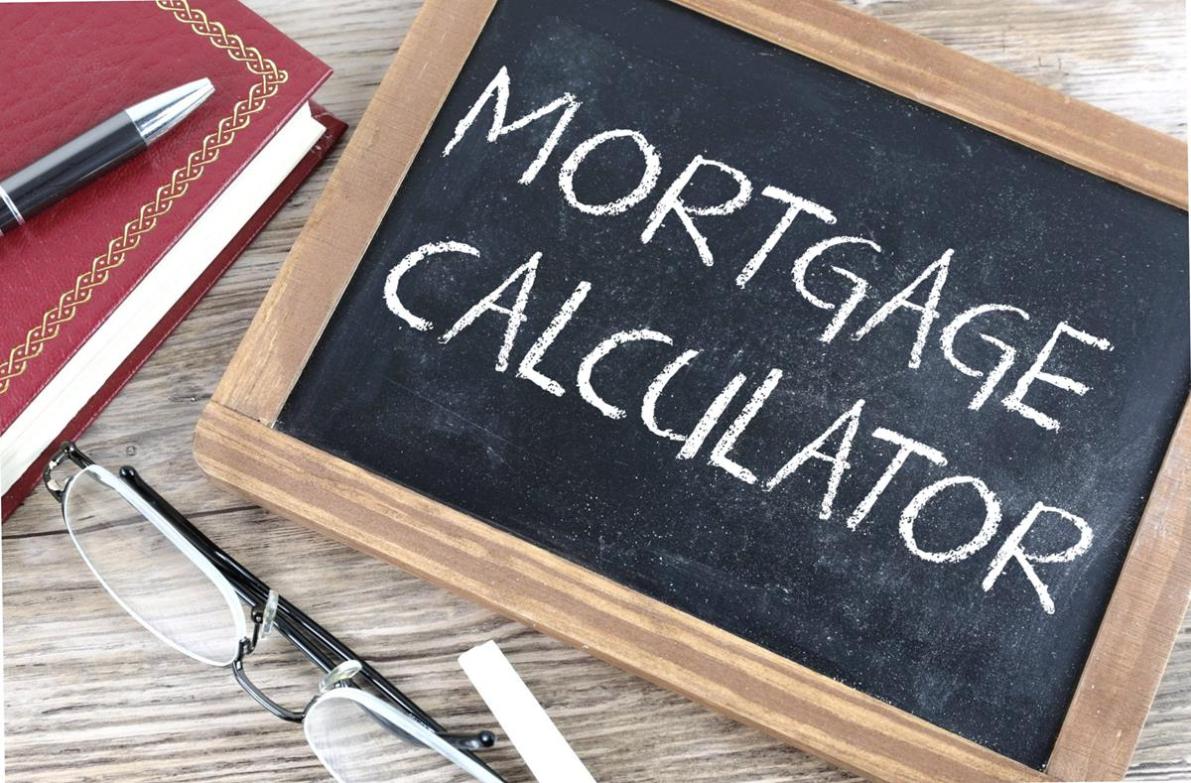What Factors Affect My Mortgage Interest Rate?
When it comes to buying a home, the mortgage interest rate you qualify for is one of the most important factors that will determine your monthly payments and the overall cost of your loan. While there are many different factors that can affect your mortgage interest rate, some of the most common include:

Credit Score
Your credit score is one of the most important factors that will affect your mortgage interest rate. Lenders use your credit score to assess your creditworthiness and determine how likely you are to repay your loan on time. A higher credit score will generally result in a lower mortgage interest rate, while a lower credit score will result in a higher interest rate.
- How is my credit score calculated? Your credit score is calculated based on a number of factors, including your payment history, the amount of debt you have, the length of your credit history, and the types of credit you have.
- What is a good credit score? A good credit score is generally considered to be 720 or higher. However, some lenders may have different credit score requirements.
- How can I improve my credit score? There are a number of things you can do to improve your credit score, including paying your bills on time, reducing your debt, and getting a credit builder loan.
Debt-to-Income Ratio
Your debt-to-income ratio (DTI) is another important factor that will affect your mortgage interest rate. Your DTI is calculated by dividing your total monthly debt payments by your gross monthly income. A higher DTI will generally result in a higher mortgage interest rate, while a lower DTI will result in a lower interest rate.
- How is my DTI calculated? Your DTI is calculated by adding up all of your monthly debt payments, including your mortgage payment, car payment, credit card payments, and student loan payments. Then, divide that number by your gross monthly income.
- What is a good DTI? A good DTI is generally considered to be 36% or lower. However, some lenders may have different DTI requirements.
- How can I reduce my DTI? There are a number of things you can do to reduce your DTI, including paying down debt, increasing your income, or getting a co-signer for your loan.
Loan-to-Value Ratio
Your loan-to-value ratio (LTV) is the ratio of your loan amount to the appraised value of your home. A higher LTV will generally result in a higher mortgage interest rate, while a lower LTV will result in a lower interest rate.
- How is my LTV calculated? Your LTV is calculated by dividing your loan amount by the appraised value of your home.
- What is a good LTV? A good LTV is generally considered to be 80% or lower. However, some lenders may have different LTV requirements.
- How can I reduce my LTV? There are a number of things you can do to reduce your LTV, including making a larger down payment or getting a home equity loan.
Loan Term

The term of your loan is the length of time you have to repay your loan. A shorter loan term will generally result in a lower mortgage interest rate, while a longer loan term will result in a higher interest rate.
- What is the difference between a fixed-rate and an adjustable-rate mortgage? A fixed-rate mortgage has an interest rate that remains the same for the life of the loan. An adjustable-rate mortgage (ARM) has an interest rate that can change over time.
- How do I choose the right loan term? The best loan term for you will depend on your individual circumstances. If you want to keep your monthly payments low, you may want to choose a shorter loan term. If you want to have more flexibility, you may want to choose a longer loan term.
Mortgage Points
Mortgage points are a fee that you can pay to your lender in order to lower your mortgage interest rate. Each point is equal to 1% of your loan amount. For example, if you have a $200,000 loan, each point would cost you $2,000.
- How do mortgage points work? When you pay mortgage points, you are essentially prepaying some of the interest on your loan. This reduces the amount of interest you will pay over the life of the loan, which can save you money in the long run.
- Are mortgage points worth it? Whether or not mortgage points are worth it for you will depend on your individual circumstances. If you plan to stay in your home for a long time, mortgage points can save you a significant amount of money. However, if you plan to move within a few years, mortgage points may not be worth the cost.

In addition to the factors listed above, there are a number of other factors that can affect your mortgage interest rate, including the type of property you are buying, the location of the property, and the current economic climate. It is important to shop around and compare interest rates from multiple lenders before you choose a mortgage. This will help you ensure that you are getting the best possible interest rate on your loan.
YesNo

Leave a Reply